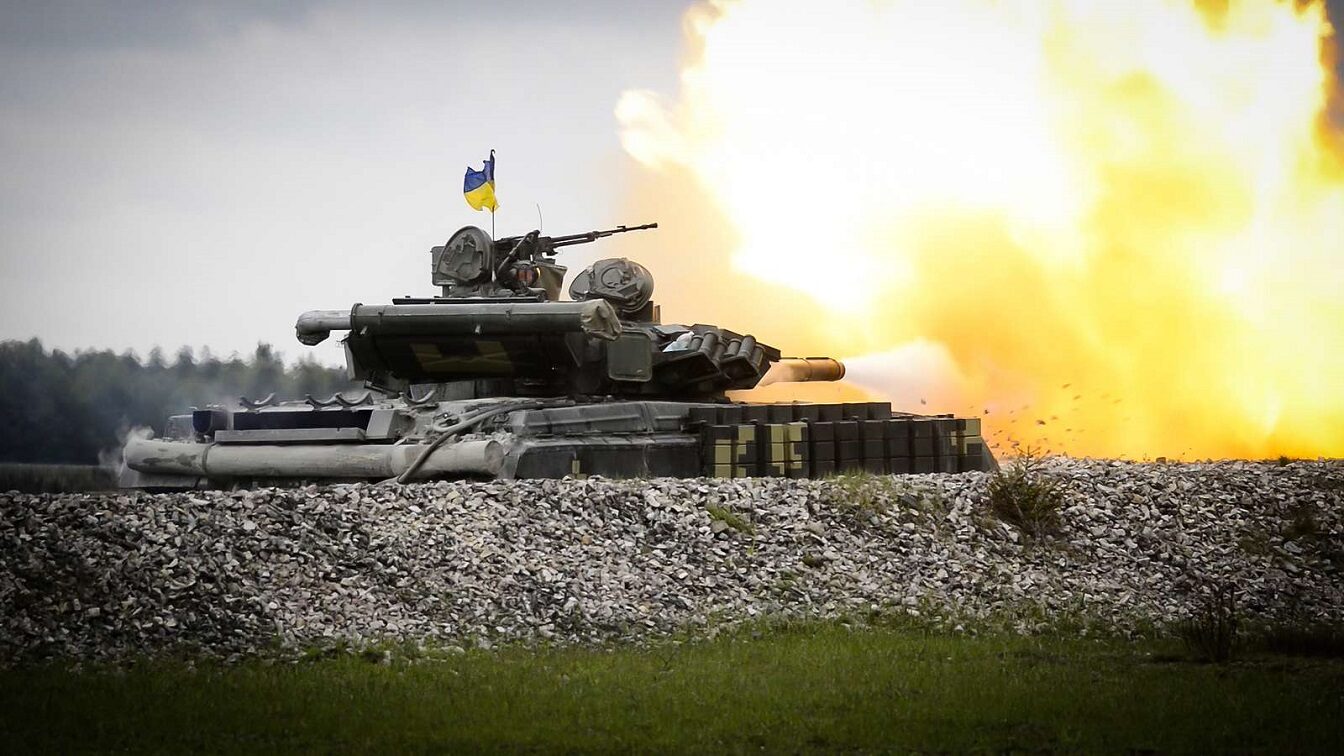According to U.S. officials, the Russo-Ukrainian War appears to be headed toward an attritional stalemate in which neither side will be able to achieve outright victory. When negotiations with Russia begin, U.S. policymakers will likely prioritize supporting a ceasefire before addressing difficult questions related to occupied Ukrainian territory.
However, diplomacy with Moscow should not be limited to the issues directly related to the war itself. Instead, Washington must work to remove Ukraine from the center of what has been a disastrous geopolitical confrontation with Moscow. Doing so will invariably require negotiating with Russia to build a more balanced Euro-Atlantic security architecture that accounts for the underlying sources of the conflict.
Indivisibility of Security
At the heart of Washington and Moscow’s proxy war in Ukraine lies differing interpretations of the concept of “indivisibility of security.” The United States typically emphasizes the right of states to choose their security arrangements, specifically by maintaining that NATO has an “open door” policy and third parties cannot veto the accession process. Russia, however, argues that indivisibility means that other states cannot enhance their security at the expense of others. These contradictory understandings have their roots in several agreements produced during and after the Cold War.
The 1975 Helsinki Final Act—which formally legitimized the post-war European settlement—recognized “the indivisibility of security in Europe,” the sovereign equality of states, the inviolability of existing frontiers and states’ territorial integrity, the peaceful settlement of disputes, the imperative of non-interference in internal affairs, and respect for human rights. The 1997 NATO-Russia Founding Act highlighted the “principle that the security of all states in the Euro-Atlantic community is indivisible.” Finally, the 1999 Istanbul Charter for European Security reaffirmed that while states are free to choose their security arrangements, they could not “strengthen their security at the expense of the security of other States … or consider any part of the OSCE (Organization for Security and Co-operation in Europe) area as its sphere of influence.”
In the run-up to the Russo-Ukrainian War, U.S., NATO, Russian, and Ukrainian officials repeatedly cited these principles to justify their respective positions. Obviously, Russia’s invasion of Ukraine grossly violated all the core tenets of the aforementioned documents. For its part, the United States repeatedly ignored or discounted Russia’s perceived vulnerabilities stemming from its weakened position after the Cold War. Most glaring among these was President George W. Bush’s drive to extend the prospect of future NATO membership to Georgia and Ukraine at the April 2008 Bucharest summit even after being warned by Putin that such a move would be viewed as a direct threat to Russia’s security.
As Owen Matthews, a Russia-based correspondent for the Spectator, explained in his recent book on the origins of the war, between “2008 and 2022 the two sides were locked in an escalating dialogue of the deaf that would bring NATO and Russia’s relations to a crisis point.” Accordingly, Russia’s military interventions in Georgia and Ukraine are the predictable result of the two sides’ failure to reconcile their competing interpretations of indivisibility with geopolitical realities.
Even if Washington disputes Moscow’s characterization of its policies, dismissing Russian anxieties will only guarantee a heightened militarized standoff in the Euro-Atlantic area. Along with a negotiated settlement to end the war, U.S. policymakers should be prepared to compromise with Russia to address its long-standing security concerns.
At a minimum, this will require promising to keep Ukraine out of NATO—and NATO infrastructure out of Ukraine—while ensuring armed neutrality status for Kyiv. A more comprehensive and advanced formulation could include restrictions on bases and long-range weaponry deployed near the NATO-Russia border, limits on the forward deployment of nuclear-capable missiles and bombers, and perhaps even conventional force reductions modeled on the discarded Conventional Armed Forces in Europe Treaty which, according to the Arms Control Association, “was designed to prevent [NATO or the Warsaw Pact] from amassing forces for a blitzkrieg-type offensive.”
These initiatives would offer Russia a stake in upholding the basic principles of world order outlined in the Helsinki Final Act and other key documents. It would also lower threat perceptions in Washington and Moscow and provide an opening for a less adversarial long-term relationship between the world’s premier nuclear powers. Pursuing a ceasefire to end the fighting is the first order of business, but extended U.S.-Russia negotiations must address the underlying tensions that have brutally victimized Ukraine and locked Washington and Moscow into a confrontation that neither side can win.
MORE: Ukraine Needs M1 Abrams Tanks Now (But Will Have to Wait)
MORE: Joe Biden Won’t Send F-16 Fighters to Ukraine
MORE: Why Putin Should Fear the F-16 Fighter
MORE: Why Donald Trump Can’t Win in 2024
Matthew Mai is a research associate at Defense Priorities. He was previously an associate editor at The National Interest and a Marcellus policy fellow with the John Quincy Adams Society. He is a graduate of Rutgers University and a proud native of Hackensack, NJ.

